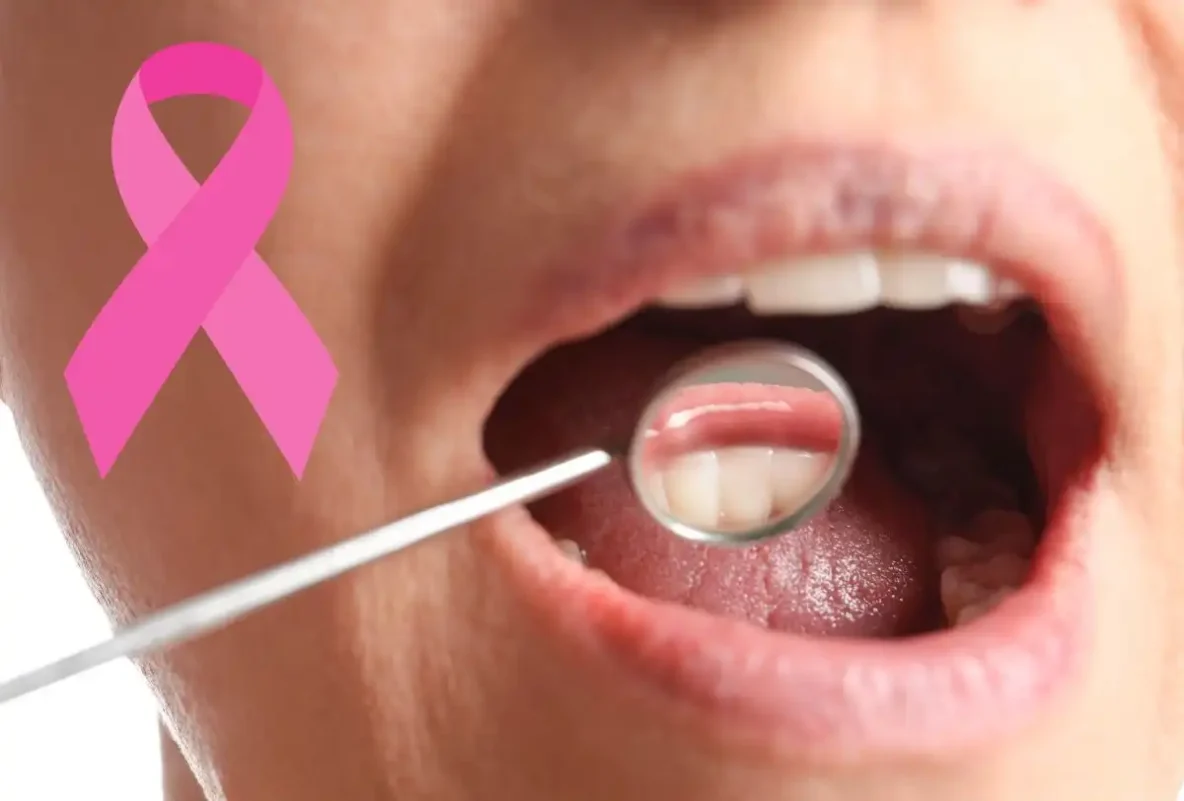Introduction
Oral cancer is a serious health concern that can affect the mouth or throat. It’s essential to understand that early detection plays a crucial role in effective treatment. This type of cancer can happen to anyone, and being aware of its signs is important for prompt action. The sooner oral cancer is identified, the better the chances of successful treatment. Let’s explore the basics of oral cancer and emphasize why recognizing its signs early on is key to ensuring a better outcome for those affected.
Common Risk Factors
Certain habits and factors can increase the risk of oral cancer. Smoking and using tobacco products, like chewing or snuff, are significant contributors. Excessive alcohol consumption is another risk factor, especially when combined with tobacco use. Human Papillomavirus (HPV) infection is a growing concern linked to oral cancer. Additionally, age and gender can play a role, with men and older individuals facing a higher risk. Being aware of these common risk factors is crucial for adopting a proactive approach to oral health and minimizing the chances of developing oral cancer.
Signs of Oral Health Changes
Keeping an eye out for changes in oral health is crucial for early detection and intervention. Patients should be vigilant for persistent mouth sores, unusual patches on the tongue or gums, unexplained bleeding or numbness, difficulty swallowing, ongoing hoarseness, swelling, lumps, or bumps in the mouth or neck, discomfort or shifts in denture fit, and persistent pain in the mouth or jaw. These symptoms may indicate underlying issues that require attention from a dentist. Seeking professional advice promptly can facilitate early diagnosis and treatment, leading to better overall oral health outcomes for individuals.
Regular Dental Check-ups
Regular dental check-ups are vital for maintaining oral health, allowing early detection of issues like oral cancer, and enabling preventive measures. By attending these visits, individuals actively contribute to their oral well-being, ensuring timely intervention if necessary.
Self-Examination
Here are simple steps for at-home oral cancer checks:
- Mirror Check: Regularly look in the mirror for red or white patches, swelling, or any unusual changes in the mouth or throat.
- Touch Check: Gently feel the mouth and neck for lumps, bumps, or tenderness.
- Mouth Movement Check: Notice if there’s difficulty in swallowing or persistent hoarseness.
- Consult a Dentist: If you notice anything unusual during self-examination, don’t hesitate to seek advice. Early detection matters.
Conclusion
In conclusion, maintaining a keen awareness of your oral health is the first line of defense against potential issues like oral cancer. We’ve covered crucial signs, and common risk factors, and stressed the significance of routine dental check-ups. By being attentive to changes in physical symptoms and oral structures, you actively contribute to your well-being. Early detection is key for successful treatment. For professional dental care and guidance, consider visiting Dr. Jacob at Signature Smilez Family Dental. Your oral health matters and our team is here to support you on your journey to a healthy and happy smile. Stay informed, stay proactive, and prioritize your well-being.

